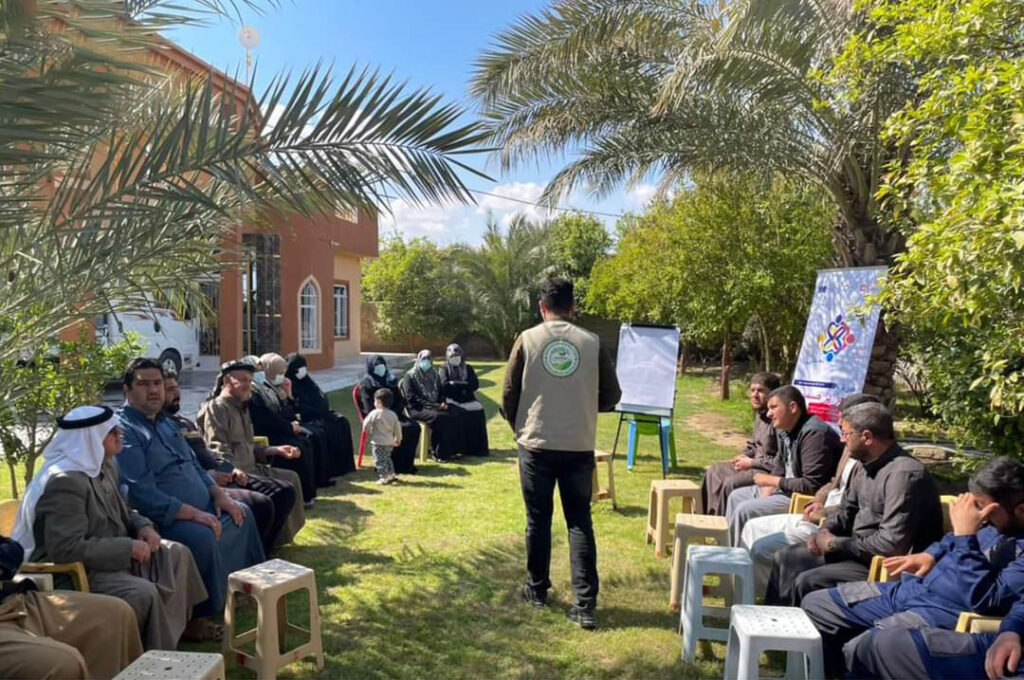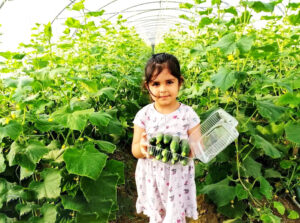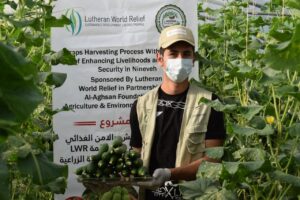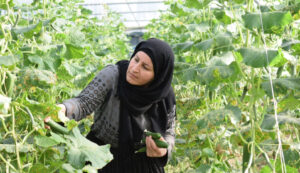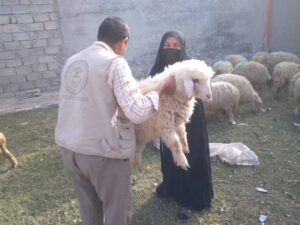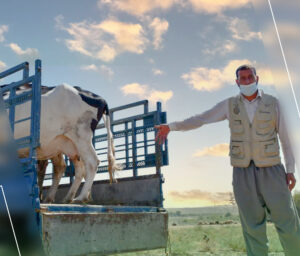Gender Based Violence
Gender-based violence reaches every corner of the globe. In emergency settings, GBV soars.
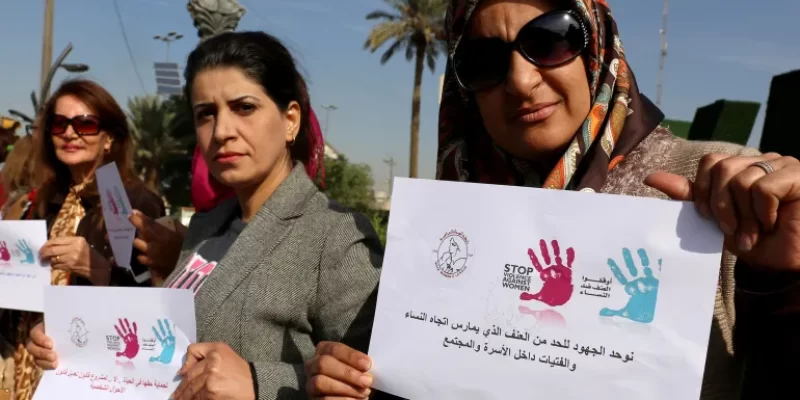
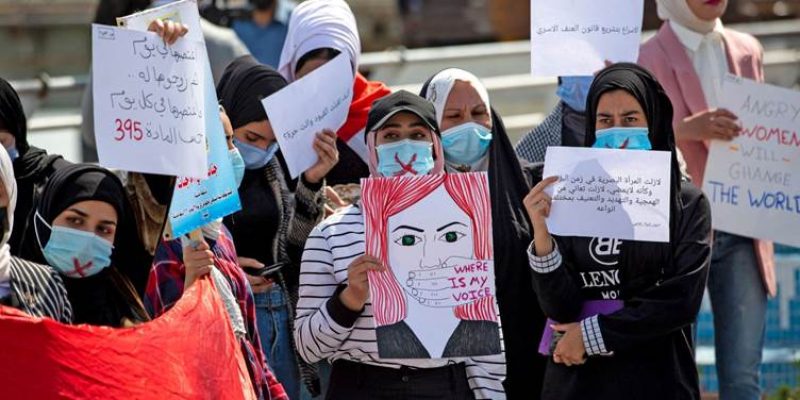
Details
READING TIME
3 min
CATEGORY
CP
AUTHOR
Aghsan
TOPIC
Protection
Between 2014 and 2017, ISIS in Iraq, forcibly married, sexually exploited, and committed other grave forms of sexual violence against at least 16,000 children. Sexual violence disproportionately affects girls, who were victims in 97 per cent of cases. Gender-based violence (GBV) is the most pervasive yet least visible human rights violation in Iraq. It includes physical, sexual, mental or economic harm inflicted on a person because of socially ascribed power imbalances between males and females. It also includes the threat of violence, coercion and deprivation of liberty, whether in public or private. In Iraq, women and girls have less power than men – over their bodies, decisions and resources. Social norms that condone men’s use of violence as a form of discipline and control reinforce gender inequality and perpetuate gender-based violence. Across the globe, women and girls – especially adolescents – face the greatest risk. Gender-based violence takes numerous forms: Intimate partner violence, sexual violence, child marriage, trafficking for sexual exploitation, and honour crimes. Girls and women may also experience gender-based violence when they are deprived of nutrition and education.
Approximately one in three women and girls worldwide will experience physical or sexual violence in her lifetime.
Gender-based violence can occur at any point in a person’s life, in times of peace or instability. But in crisis settings, threats soar. Armed conflict, natural disasters and humanitarian emergencies can significantly weaken a society’s ability to protect women and girls from gender-based violence. Rates of intimate partner violence often increase in crisis settings. Many armed groups also use sexual violence as a tool of warfare to advance military or political aims. All the while, girls and women may be forced to trade sex for food, money and other resources they need to survive. And in some places, they are married off early or forcefully, to protect or care for their families. Survivors of gender-based violence suffer devastating short- and long-term consequences to their physical and mental health. Women and girls may experience severe physical injuries, unwanted pregnancies and exposure to HIV or other sexually transmitted infections. Depression, anxiety, post-traumatic stress disorder (PTSD), the limited ability to complete daily tasks, and suicidal thoughts are also common. What’s more, many survivors are subjected to victim-blaming or ostracized from their families and communities due to social norms. This puts them at significant risk of poverty, isolation and further violence. Some survivors are forced to marry their perpetrators. Others face retaliation for reporting their experiences or seeking support – including at the hands of family members. At its worst, gender-based violence can result in death, like in situations of ‘honour killings’.
Aghsan Foundation’s response
Aghsan Foundation works in Iraq to prevent and respond to gender-based violence. We focus on the unique needs of girls and women – recognizing their systemic exposure to gender-based violence – while helping to ensure that support is available for all survivors of sexual violence, including boys. In coordination with governments, civil society and United Nations partners, we provide survivors with clinical health services, dignity kits, psychosocial support and the safe spaces they need to access care and protection. Safe spaces allow women and girls to participate in activities for empowerment and gain access to critical information on their risks, rights and needs. This includes information on how to access aid and where to report sexual exploitation and abuse. In many emergencies, safe spaces are the only way women and girls can access relevant and life-saving information.
Survivors are often subjected to victim-blaming or ostracized from their families and communities.
Aghsan Foundation coordinates with other sectors – like water, sanitation and health (WASH), and nutrition – to help women and girls participate in safety audits and other forms of community planning that mitigate the risk of gender-based violence.
We also work to address the underlying social drivers and environmental conditions that lead to a higher incidence of GBV in emergencies, including through initiatives like the Communities Care: Transforming Lives and Preventing Violence programme. Aghsan Foundation and partners work directly with communities to tackle harmful social norms that perpetuate gender-based violence.
What’s more, we promote the economic and social empowerment of women and girls. Economic initiatives include tuition for basic literacy and numeracy skills, advice on income-generating activities, cash transfer programmes, and schemes for credit and saving. Social empowerment activities may focus on women’s leadership and participation in GBV programming, and the promotion of life skills through resources like our Adolescent Girls Toolkit.
Our extensive research on GBV in emergencies also builds evidence for the greater humanitarian community. We invest in strengthening protection systems that address gender-based violence – including through health and social services – and that help keep all women, girls and boys from harm’s way.
Our programmes
cp
Mental Health and Psychosocial Support (MHPSS)
Children exposed to conflict, natural disasters and other humanitarian crises can suffer severe psychological and social consequences.
READ MOREcp
Children recruited by armed forces or armed groups
Hundreds of boys and girls are used as soldiers, cooks, spies and more in armed conflicts around the world.
READ MOREcp
Gender Based Violence
Gender-based violence reaches every corner of the globe. In emergency settings, GBV soars.
READ MOREcp
Violence Against Children
No violence against children is justifiable. All violence against children is preventable.
READ MOREcp
Child Marriage
Child marriage threatens the lives, well-being and futures of girls around the world.
READ MOREcp
Child Labour
Nearly 1 in 100 children are subjected to child labour in Iraq, with some forced into hazardous work through trafficking.
READ MORELast News
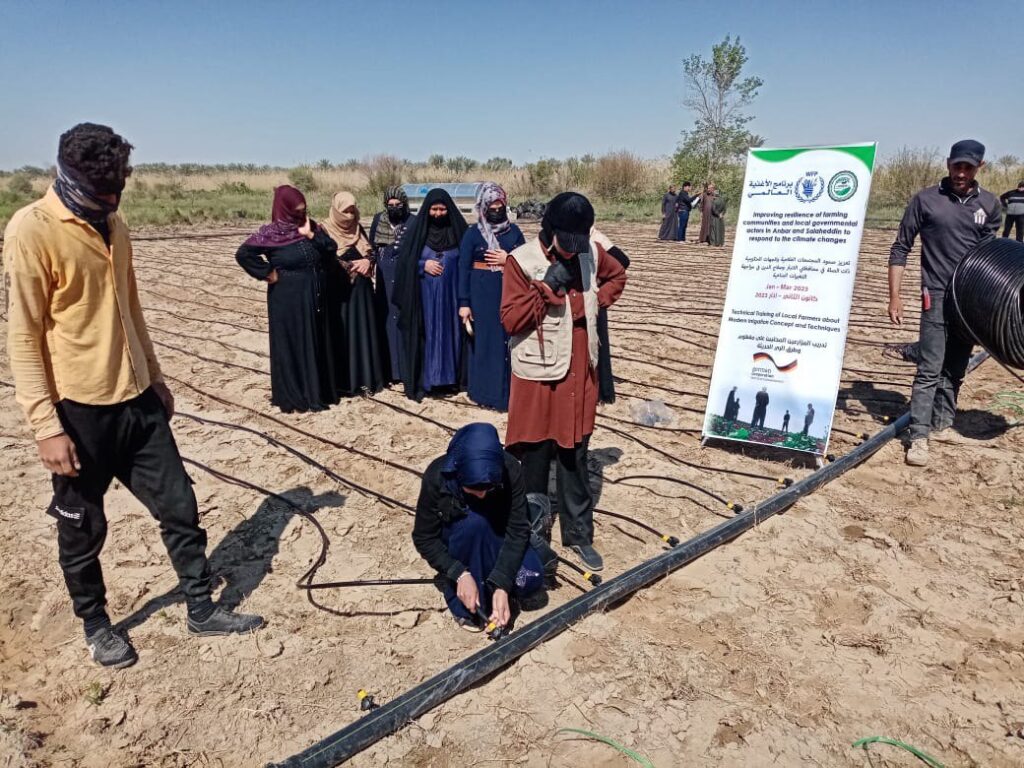
About us
Gender Equality Policy
The Aghsan Foundation remains committed to creating a better world for all-a world where inequality on any grounds
Aghsan
0 Comments
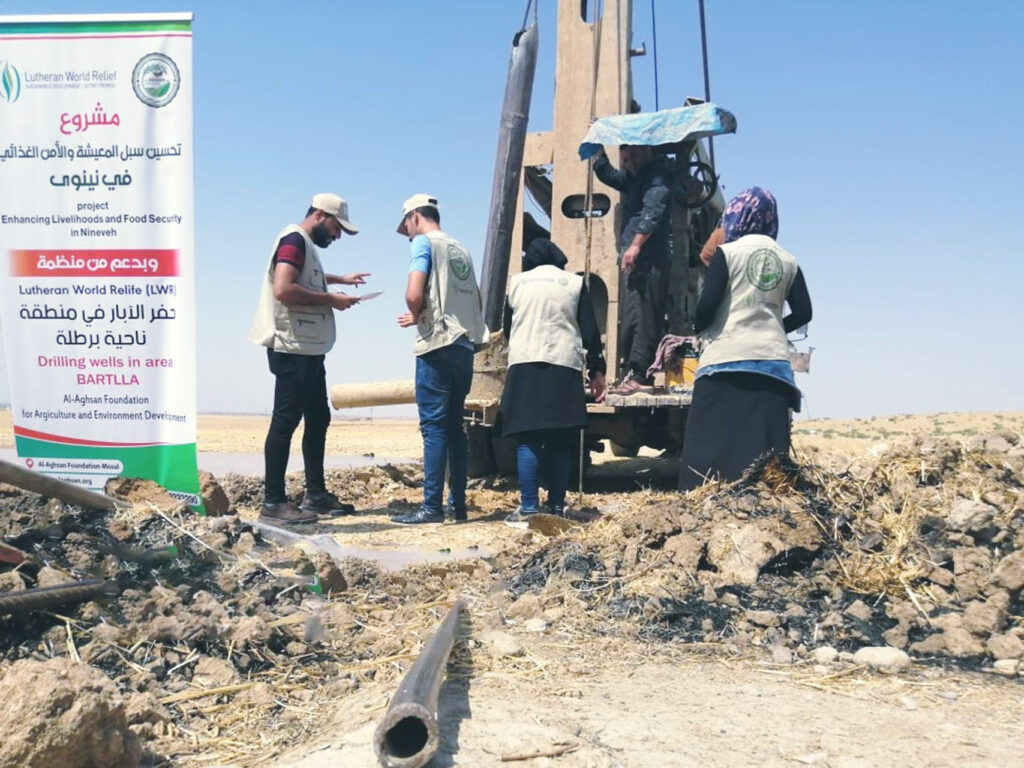
WHAT WE DO
Aghsan Foundation in Emergencies
Humanitarian action is central to Aghsan Foundation and realizing the rights of every child.
Aghsan
0 Comments
Services

WHAT WE DO
Aghsan Foundation in Emergencies
Humanitarian action is central to Aghsan Foundation and realizing the rights of every child.
Aghsan
0 Comments
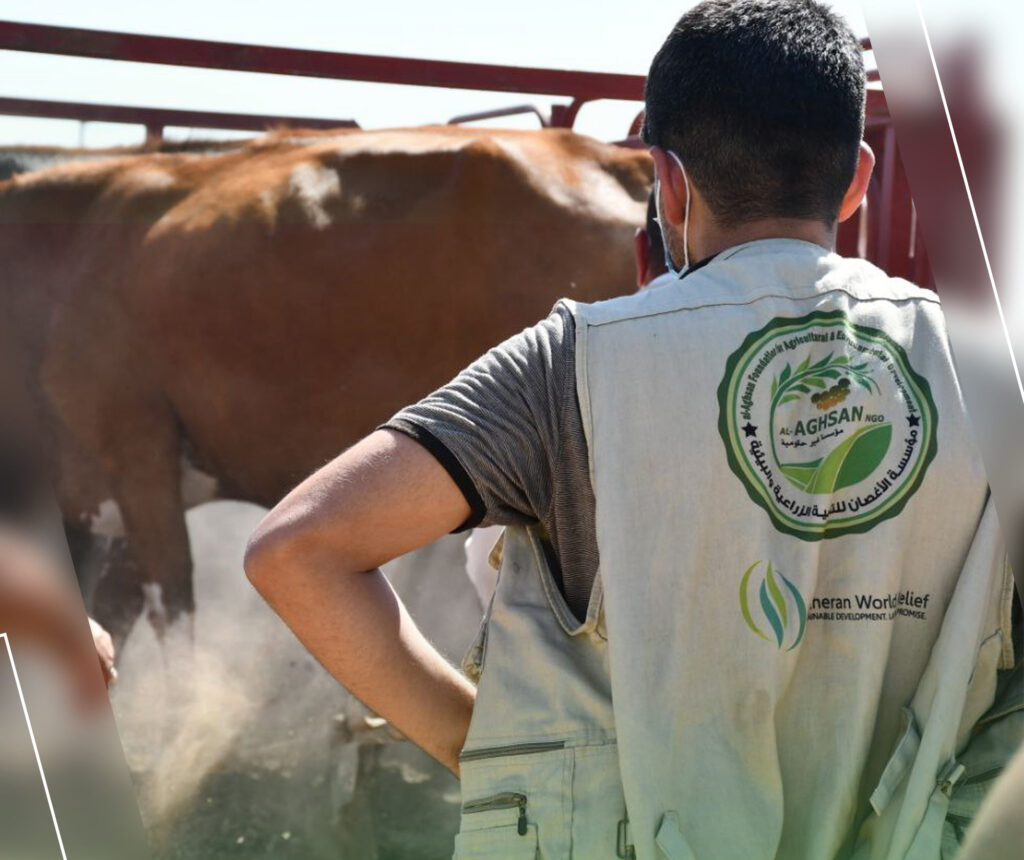
WHAT WE DO
Economic Recovery
The Economic Recovery sector is one of Aghsan Foundation’s five core sectors of intervention.
Aghsan
0 Comments
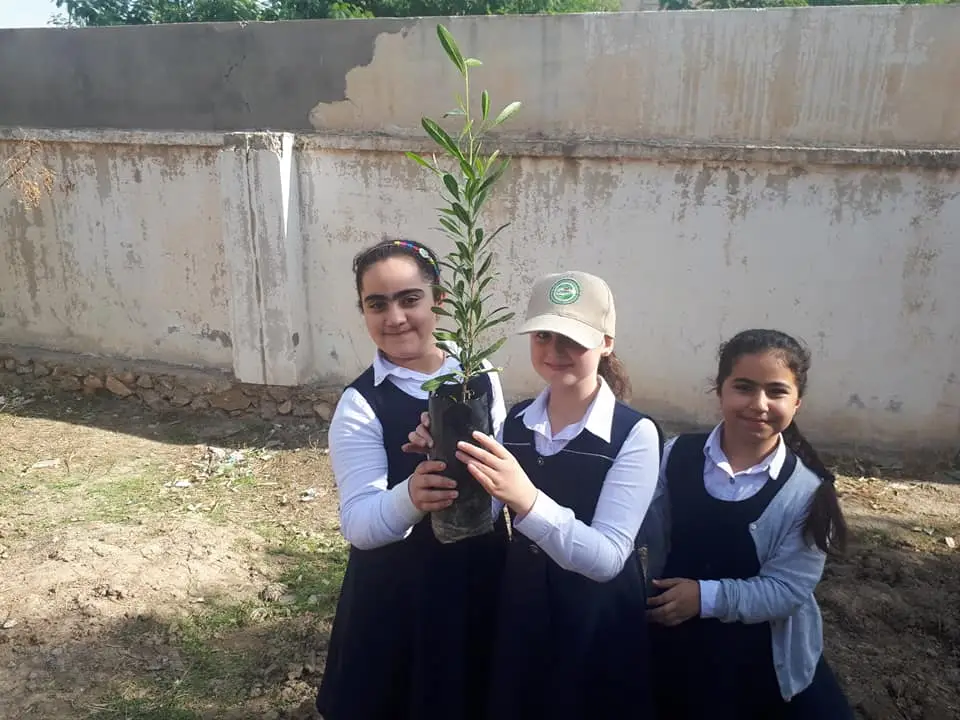
WHAT WE DO
Friends of the Environment
Aghsan Foundation commits to respond to the global climate crisis and environmental degradation
Aghsan
0 Comments
